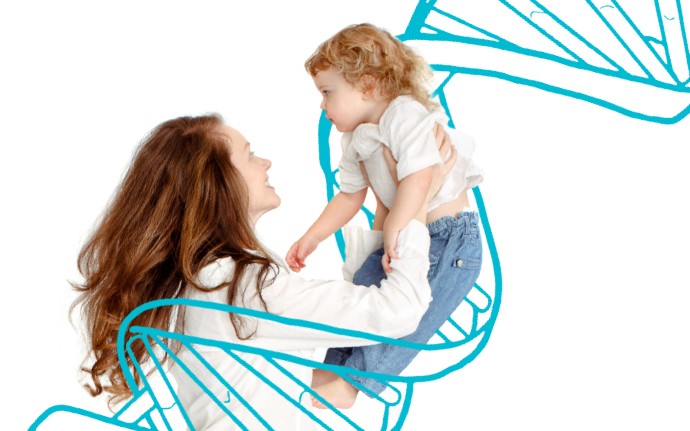BC Children’s Hospital researchers explore the connection between physical contact and our genes

DNA—which we get from our parents—is the genetic material that makes up who we are. And while this genetic code doesn’t itself change throughout our lives, the way our cells use it isn’t always set in stone. In other words, certain factors can switch genes ‘on’ or ‘off’—determining whether they are expressed or silenced.
But, what exactly controls these changes? Researchers at BC Children’s Hospital are one step closer in their understanding of just that. In a field known as epigenetics, Drs. Michael Kobor and Sarah Moore are pioneering research that explores whether the amount of physical contact babies receive early in life could have an impact on their genes.
The study is complex, but in a nutshell: parents and caregivers of healthy 5-week old babies kept diaries of when infants cried, fed, slept and fussed and how often they held them. When the kids were 4.5 years old, the team took their DNA samples—and then analyzed that to study an epigenetic mark called methylation. They found differences in methylation between babies who received a lot of physical contact and those who received less.
Although the research is in its early days, it could show that early experiences have a lasting impact on a child’s health and development.
